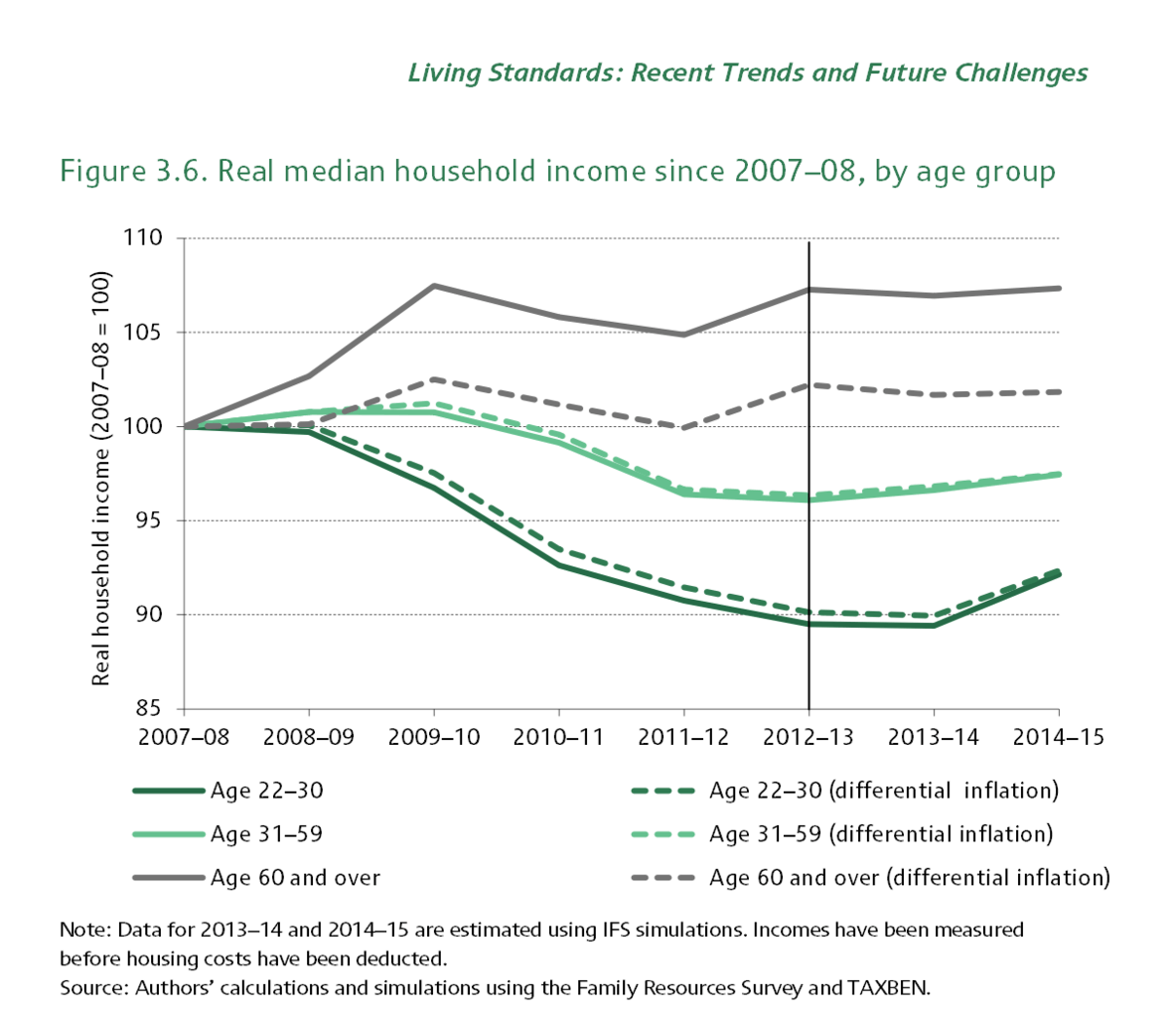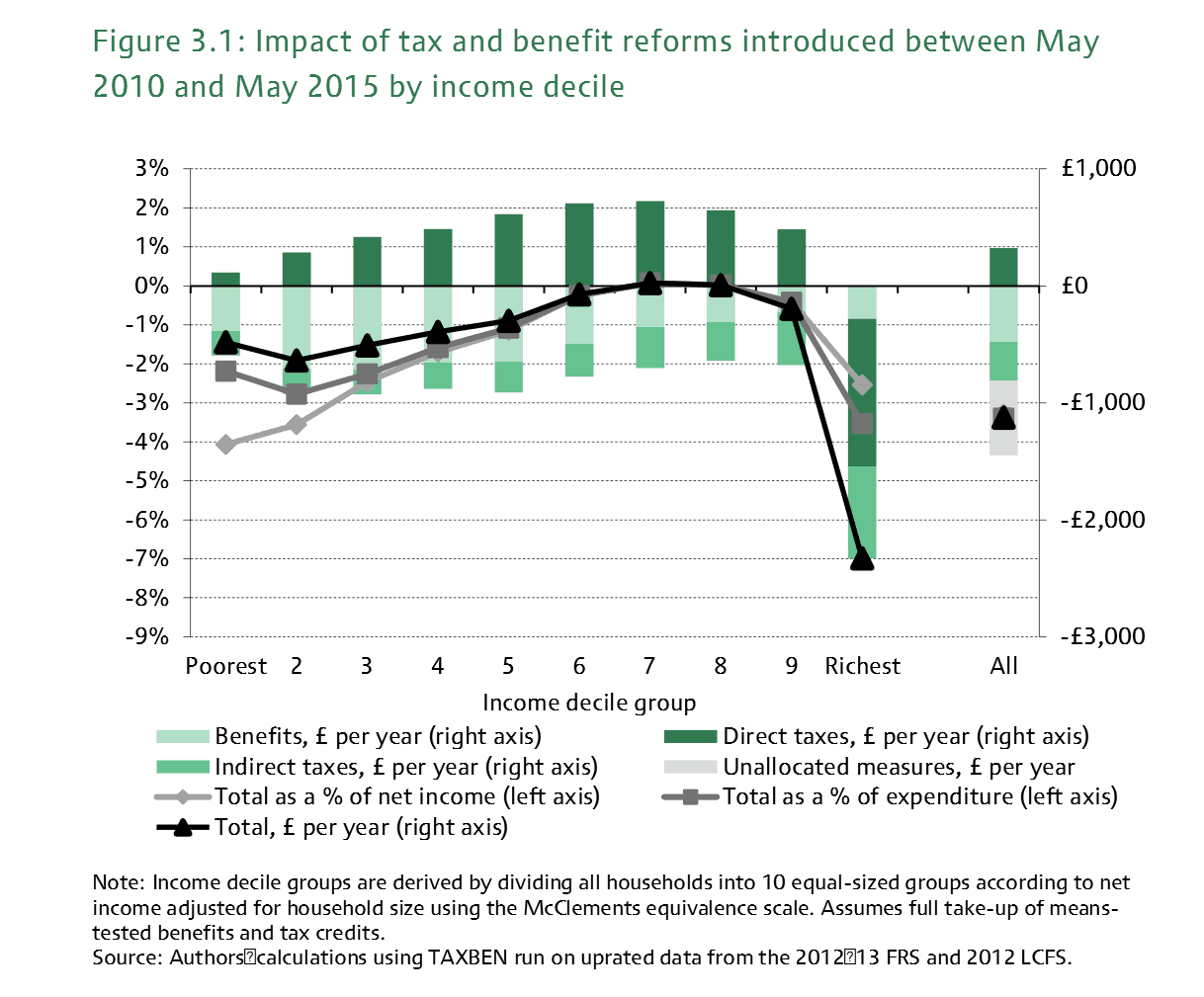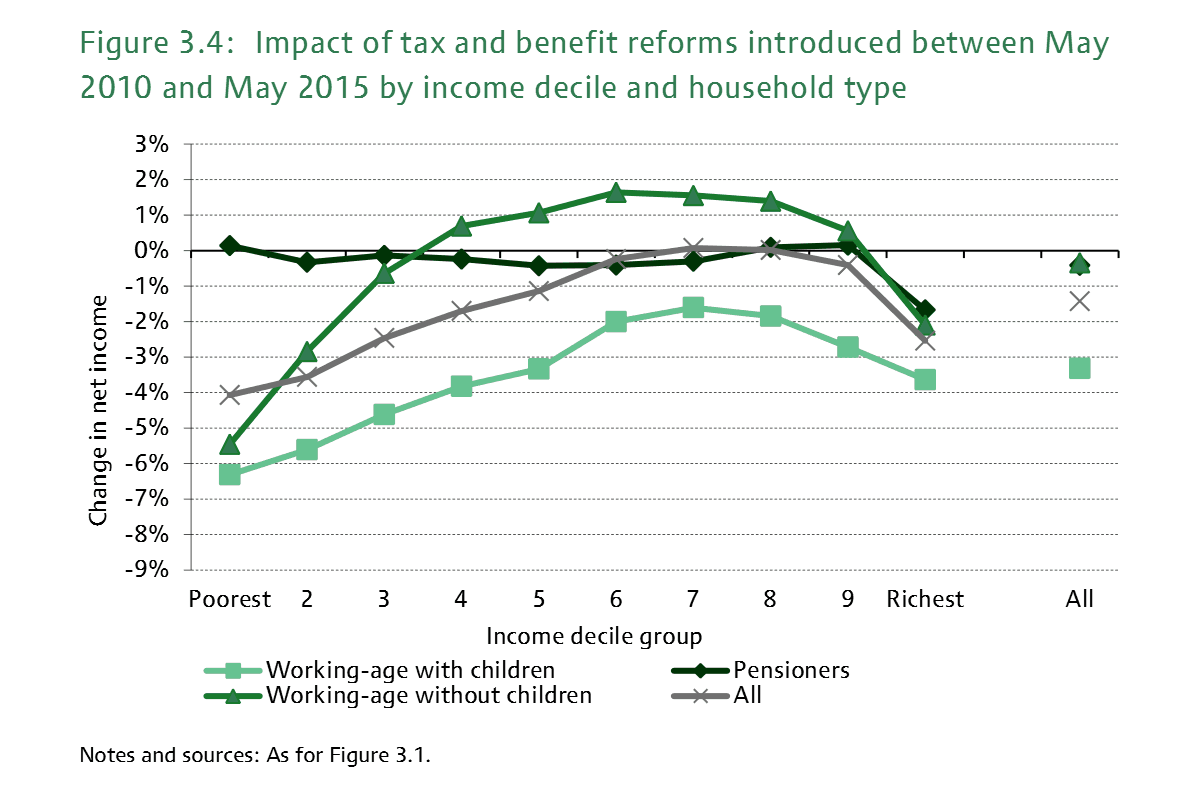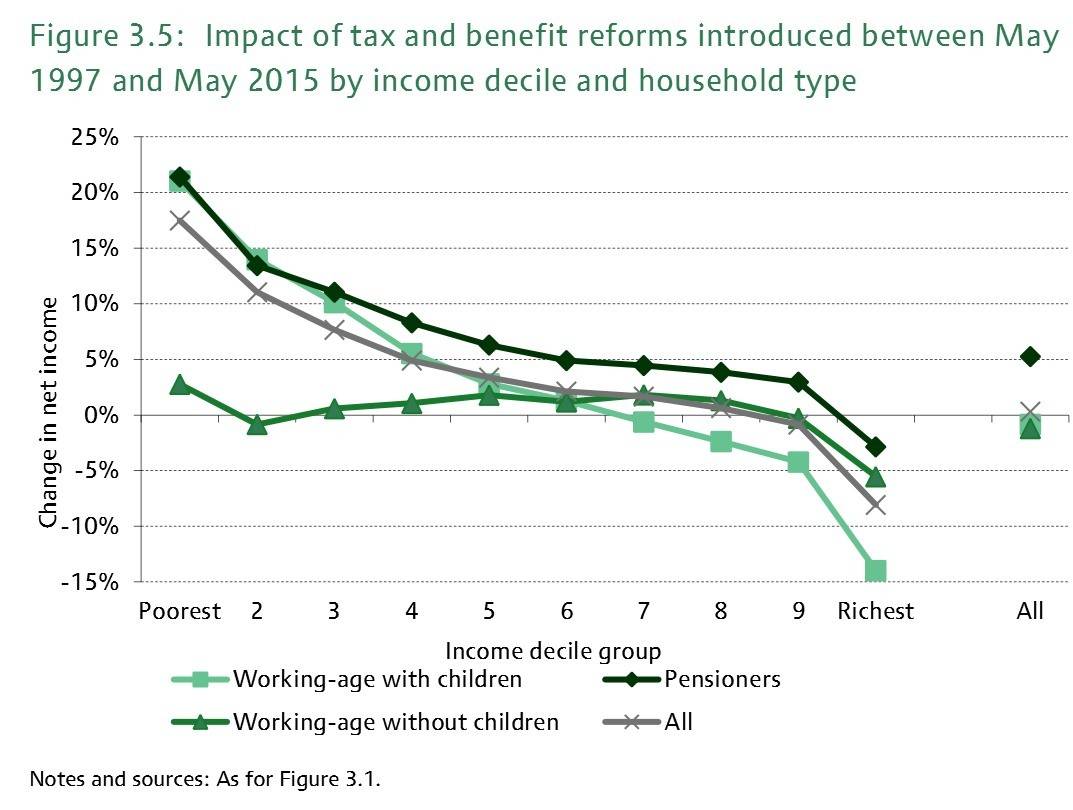Yesterday was one of the great annual set-pieces of British politics: the Budget. The Chancellor of the Exchequer, George Osborne, set out his plans for government finances: taxes and spending. This year, behind the theatricality, it was a bit of a non-event. There were few changes to previously announced plans. Mr Osborne rowed back somewhat in his longer term plans to cut government spending. There were some cheap gimmicks. Political inactivity is not necessarily a bad thing. But what is most remarkable is that neither he, nor the Labour opposition, were prepared to talk about the British economy as it really is. Is it any wonder that politicians fail to be trusted?
Mr Osborne’s speech contained a quite astounding piece of hubris. He claimed that Britain was on the path to becoming the most prosperous country in the world – overtaking Germany in the process. But there is a big flaw in this notion. Britain’s output as a nation is lagging the impressive growth in the workforce. Britons are working harder but have little to show for it. Mr Osborne sneered about the French economy – and yet French workers are over 20% more productive. Further, Britain is running a substantial current account deficit – which means that, like its despised Labour predecessor, the economy continues to be built on debt supplied by foreigners (or, perhaps, running down the nation’s overseas assets).
Dwelling on this weakness would have made the political message too complicated. His mission was to point out that Labour’s dire forecasts for the economy had not come to pass. So we heard little of any ideas about how lift the economy from its evident mire. Some talk of making life easier for manufacturing. There was the core idea of economic liberalism (that the left calls “neoliberalism”) that a smaller government will allow the total economy to be more productive. Little was heard of the government’s most promising idea – greater devolution of power to regional centres.
Weak fare. But while Labour love to point out the economy’s weaknesses – especially the low wages of many workers – they haven’t any better ideas of their own. Indeed their thoughts on a more intrusive state clamping down on “predator” capitalism seems destined to make the economy smaller, if a little less unequal. Many of their supporters, including journalists at the Guardian, seem to rely on half-digested Keynesianism. Increased state spending (or less austerity as they prefer to put it) will raise demand in the economy which will then lead to growth. As a formula in 2010 or 2011 this might have had some merit. In the near full-employment world of 2015 it does not. Such policies are more likely to lead to an even worse current account deficit, and an economy even more dependent on debt, public or private. It does not address the productivity problem. To be fair, the Labour leadership seems to understand this – but they are still bereft of ideas to tackle it.
So the Tories say the economy is gathering strength fast, and Labour that it is still on its knees. There is a paradox though. The Conservative fiscal policies are appropriate to the idea of continued economic weakness, and Labour’s on confidence in the economy’s continued strength.
How so? If you think the economy is weak, you need to make sure that government expenditure is kept in check. There is nothing certain about future projections of economic growth – and with a weak economy there will be risks on the downside. With the European and world economies looking weak also, this is easy to appreciate. Fiscal restraint may not appear to be necessary based on forecasts, but it gives the government more options in an uncertain world. In contrast, if you think the economy will bounce back strongly, and that the productivity problem sort itself out, then Labour’s much more relaxed approach to government finances make much better sense.
The problem is, of course, that nobody understands why the British economy remains as weak as it does. Is it because deep structural problems, based on poor skills, changing industrial needs and changing consumer preferences (e.g. towards more work-life balance)? Could it be the progressive hollowing out of local economies outside the main economic centres? Is it because North Sea oil is running out, and the apparently highly productive finance sector just a chimera? Or is it just a temporary blip? Will businessmen respond to the right signals to launch an investment drive that builds economic strength? Perhaps labour shortages will force businesses to use their existing workers more efficiently and pay them better.
Regular readers of my blog will know I tend to the more pessimistic of these explanations – though this is based more on instinct than data. I believe it is perfectly possible to advance human wellbeing in spite of an economy that is weak in terms of income growth. But that does mean that we must break our addiction to debt, public and private. For that reason I like the right’s focus on government parsimony, and the left’s focus on inequality. Alas neither of our main political parties seem to grasp the real nature of our economic plight.









